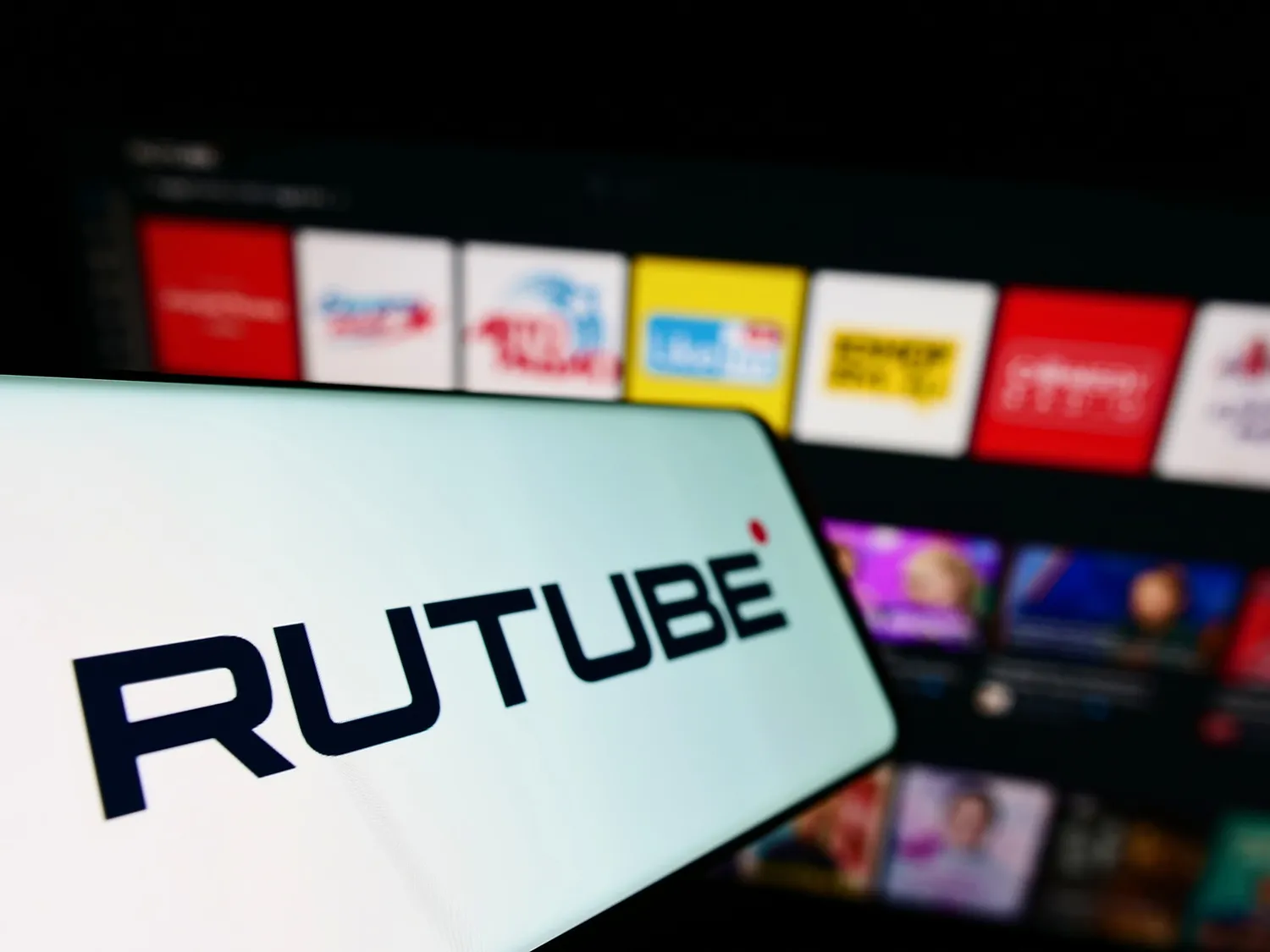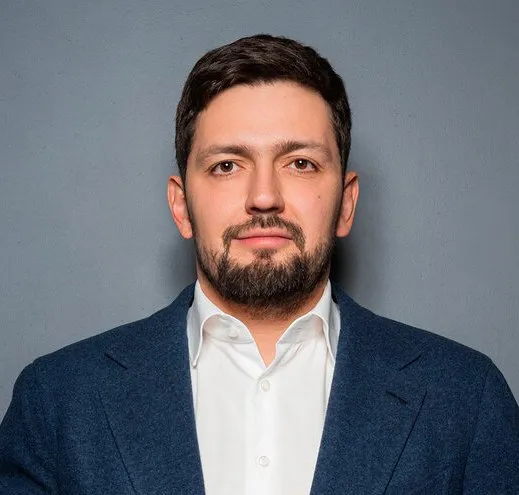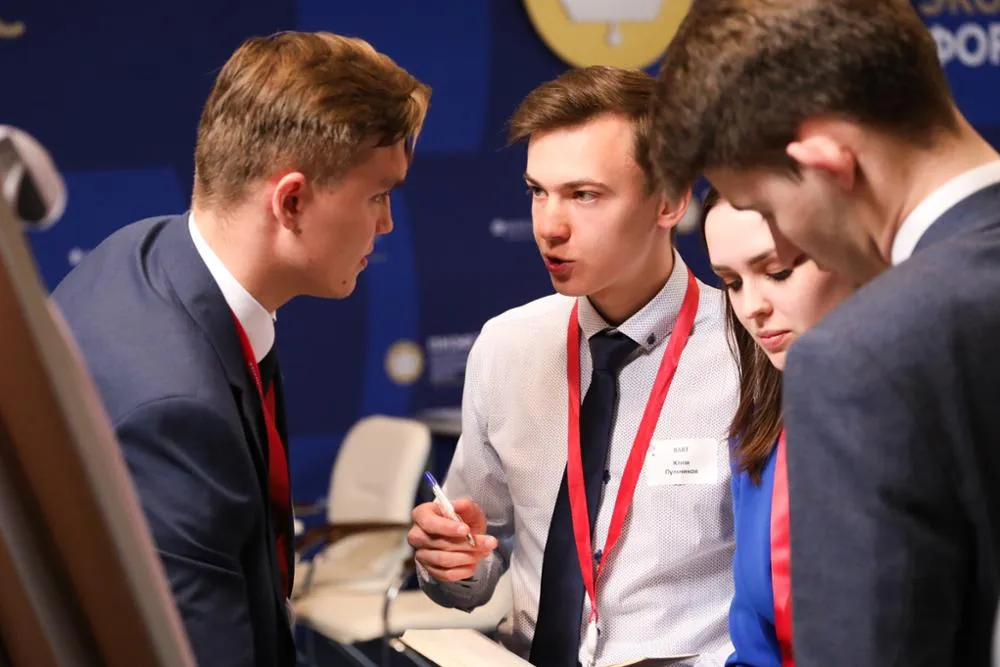Russia Reaches a New Level in Media Technology Exports

Russia is not only asserting its technological sovereignty by launching new IT solutions, but is also developing products that can serve as viable alternatives to Western media.
A New Surge of Growth
Over the past year, the number of users on Russia’s video hosting platform Rutube has increased by more than 70%, with daily growth still accelerating. According to Sergey Kosinsky, Deputy CEO for Digital Assets at Gazprom-Media Holding, the platform is actively viewed outside Russia: 149 million views in Kazakhstan, 126 million in Belarus, and 144 million in the United States this year alone. Indonesia has shown particular enthusiasm—viewership has increased tenfold, with local users spending significant time on the platform thanks to its support for their native language.
“Morozko” as a New Cultural Experience
Company representatives attribute Rutube’s success abroad to its tailored content approach for local audiences. In discussions with countries in the Sahel corridor—including Senegal, Mali, Burkina Faso, Niger, Chad, Sudan, and Eritrea—Rutube has proposed interface and content adaptations, such as French-language translations and the ability for local users to register accounts. Meanwhile, audiences in Africa are already engaging with Russian culture. In 2025, as part of a partnership with the African Initiative agency, Rutube translated 14 films by Gorky Film Studio into French.

Screenings of the film 'Morozko' were held at educational institutions across Mali in January, according to Vedomosti. What makes Rutube especially appealing is its commitment to respecting the laws and customs of the regions it operates in. This cultural alignment enables smoother adoption. For instance, Dubai's government has requested to localize Rutube.
“They want to localize Rutube because everything on YouTube is considered haram for them,” Kosinsky explained to TASS. “They’re looking for local platforms, and they’re asking if we can help create one.”
Boundless Access to Information
Rutube offers globally competitive solutions, and the rising demand for localized video content is more than a passing trend. By adapting to cultural contexts, localized media becomes more engaging and accessible, improving reach and viewer involvement. For Russian developers, international interest affirms their products’ viability in the global marketplace and encourages further progress. Thanks to growing online platforms for video hosting and streaming, Russia now has tools to share its media, creators, music, and cinema with the world. This means expanded access for international viewers to a broader spectrum of content. Promoting Rutube also helps diversify the global media landscape, offering alternative perspectives and reducing the dominance of Western platforms.

A Window of Opportunity
Russian digital solutions have already ventured into global markets. Yandex, for example, once operated in Turkey with localized services like Maps and Navigator. B2B and B2C software from Dr.Web and Kaspersky have also been exported for years. However, these are utility tools—not entertainment platforms. Rutube’s localization potential opens up vast opportunities. Drawing from the Western model, platforms like YouTube and Netflix customize their services for different regions. Rutube has upgraded its infrastructure in recent years—enhancing video delivery, redesigning its UI, expanding the player, and adding features like comments. Currently, the focus is on tailoring content to international audiences. If the Dubai rollout proves successful, the experience can be scaled to other markets across the Middle East, Asia, and Africa.










































